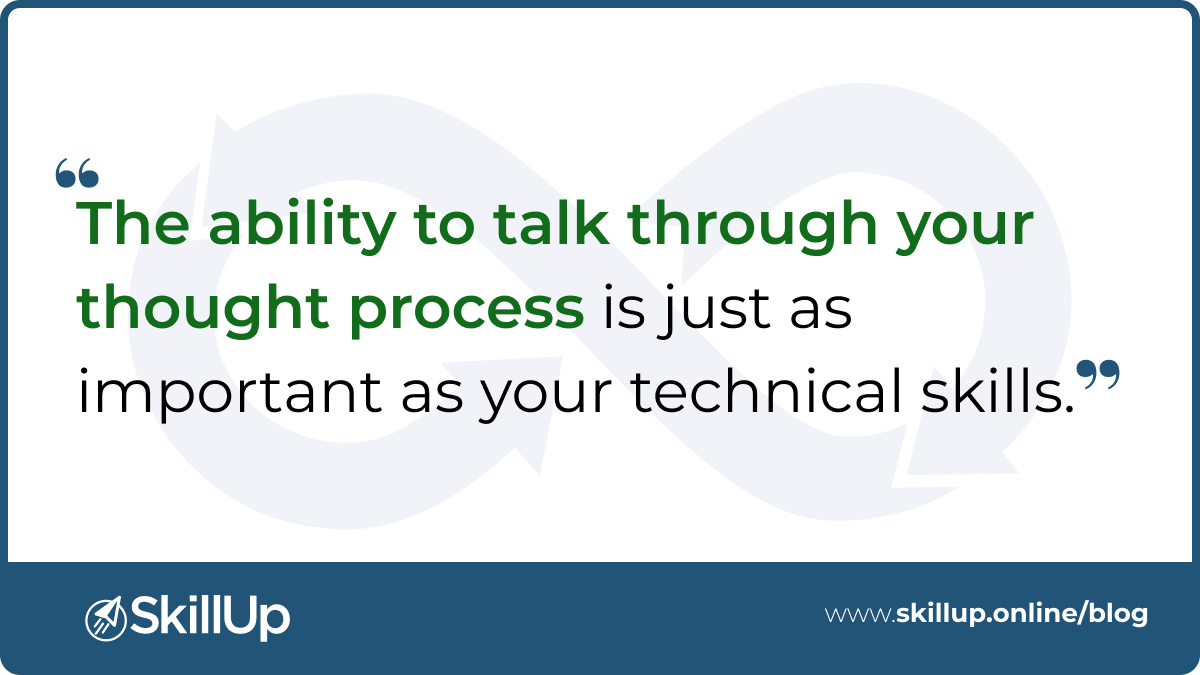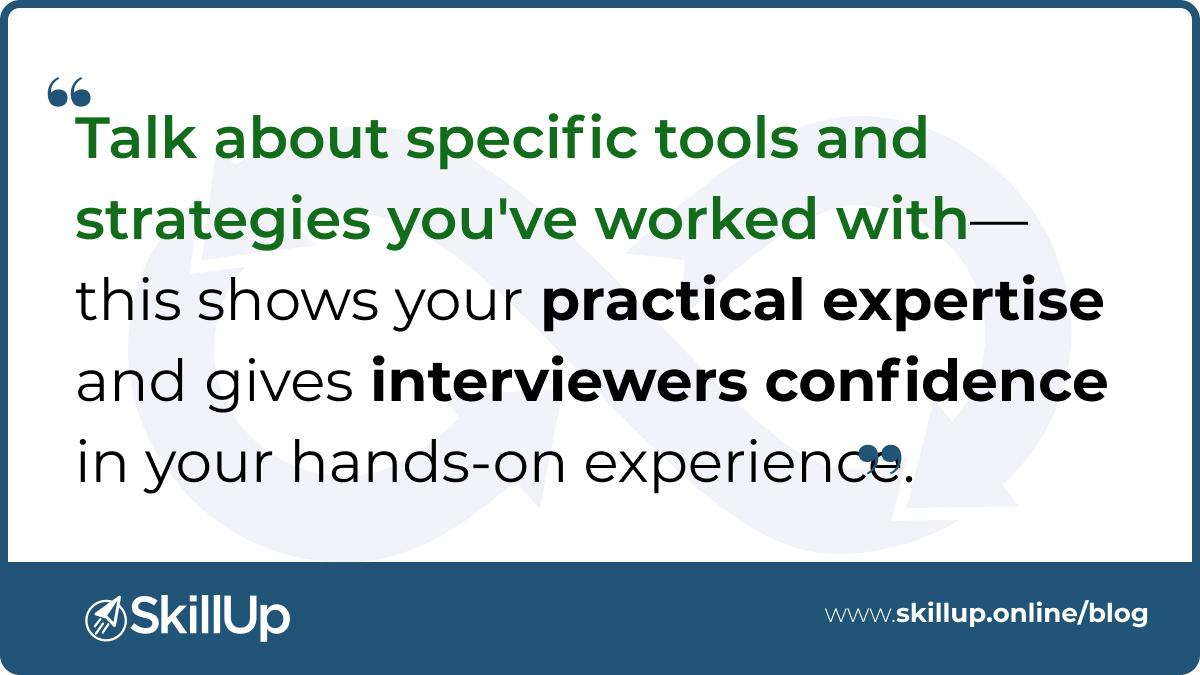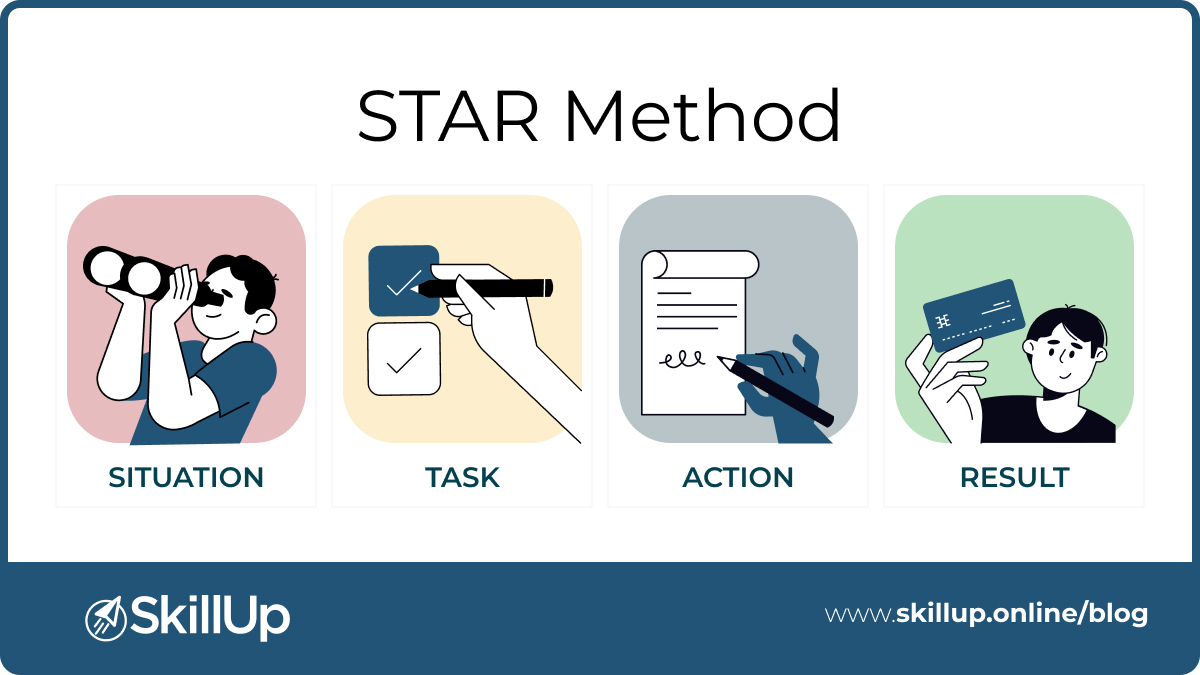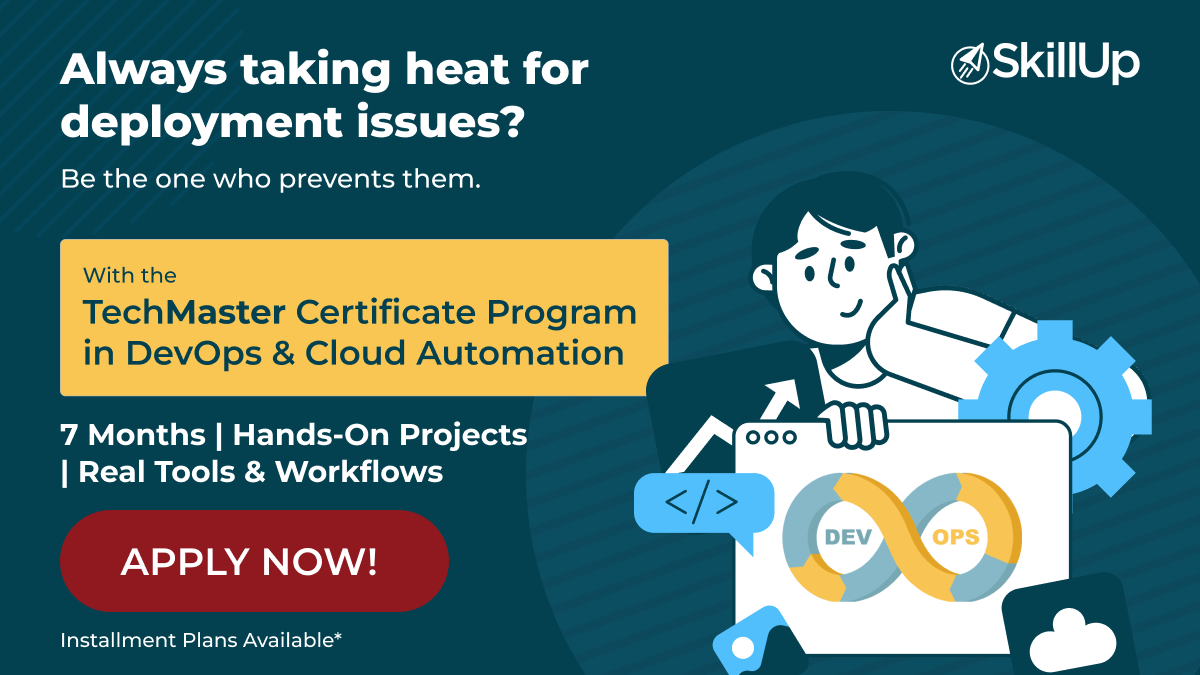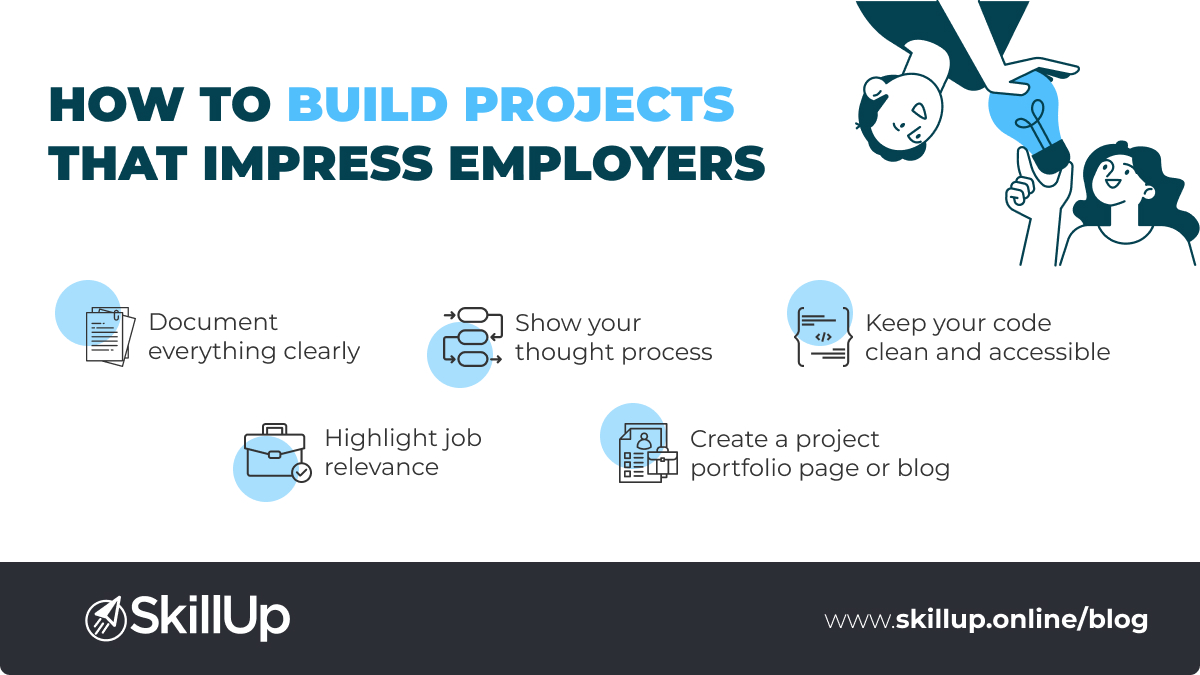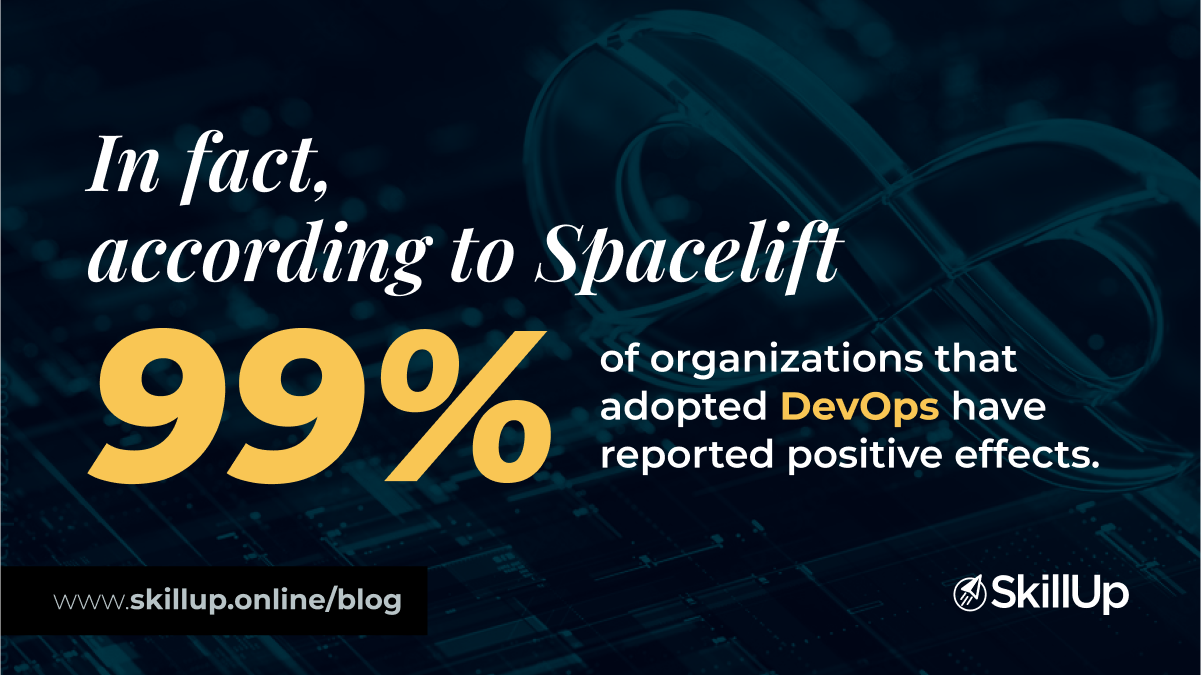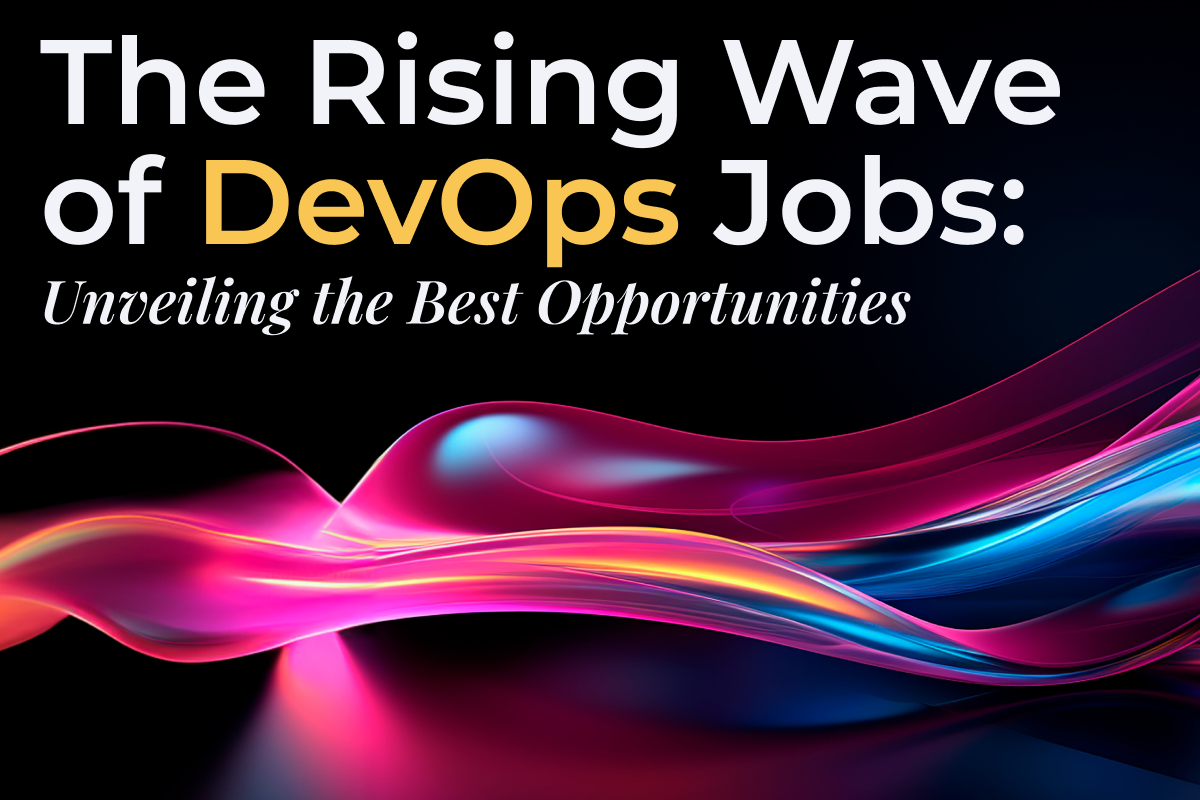If you’re aiming to land a role as a DevOps engineer—and you’ve already got some experience in software development, IT, or system administration—understanding the interview process can give you a competitive edge. While each company has its own unique hiring approach, there’s a standard structure most hiring managers follow. Here’s your insider’s guide to each step, with tips to stand out.
1. Initial Screen: The Warm-Up
This stage usually starts with a recruiter or HR representative. It’s light on technical questions and more focused on alignment.
Purpose: To confirm your basic qualifications and gauge interest on both sides.
You’ll likely cover:
- A high-level walkthrough of your experience
- Your motivations and goals for transitioning into DevOps
- Practicalities: notice period, location preferences, salary range
Pro tip: Prepare a confident, concise summary of your experience. Be ready to explain career transitions—especially if you’ve moved between roles or tech stacks. If you’ve recently taken on responsibilities that align with DevOps, highlight those to show how your background fits the role.
2. Technical Screen: Hands-on Problem Solving
In this round, you’ll get to show how you handle real-world DevOps tasks.
Purpose: To evaluate your ability to automate, scale, and manage cloud infrastructure.
Expect:
- Problem-solving challenges related to automation, CI/CD, and cloud architecture
- Live coding exercises or timed take-home tests
- Potential questions on tools like Jenkins, Kubernetes, Docker, or Terraform
Prep tip: Brush up on building and deploying CI/CD pipelines, infrastructure-as-code, and using tools like Git, Docker, and Kubernetes. The ability to talk through your thought process is just as important as your technical skills—be ready to explain why you choose certain tools and strategies.
3. DevOps Deep Dive: Show Your Expertise
Now’s the time to demonstrate your practical understanding of DevOps processes.
Purpose: To assess your ability to integrate DevOps practices into real-world environments.
Common topics include:
- Continuous Integration and Continuous Delivery (CI/CD) pipelines
- Infrastructure as Code (IaC) with Terraform or CloudFormation
- Cloud architecture (AWS, Azure, or Google Cloud)
Pro tip: Walk the interviewer through a real-world project where you implemented DevOps practices. Highlight how you automated processes, worked with cloud platforms, and ensured scalability and reliability. Be prepared to discuss trade-offs you made in the process.
4. System Design: Architect the Solution
DevOps isn’t just about coding—it’s about designing the systems that support large-scale infrastructure.
Purpose: To evaluate how you think about scaling, reliability, and system design.
You might be asked to design:
- A fault-tolerant, scalable cloud infrastructure
- An automated deployment pipeline
- A disaster recovery plan
Think about:
- High availability, load balancing, and fault tolerance
- Monitoring, logging, and alerting systems
- Automation and orchestration tools like Kubernetes and Docker
Pro tip: Structure your response clearly by breaking down components, data flow, and scalability. Talk about specific tools and strategies you’ve worked with—this shows your practical expertise and gives interviewers confidence in your hands-on experience.
5. Take-Home or Live Project: Show Your Work
Expect a project that simulates the type of work you’ll be doing on the job.
Purpose: To evaluate your ability to apply DevOps principles and deliver results.
You might need to:
- Set up a CI/CD pipeline for a demo app
- Write scripts to automate deployment tasks
- Provide documentation and explain your setup
Pro tip: Focus on clean, maintainable code. Emphasize automation, scalability, and clear documentation. Your thought process is key, so don’t just focus on the end result—be sure to explain the “why” behind your decisions and your approach to solving the problem.
6. Behavioral Interview: Collaboration and Communication
You’ve shown your technical prowess—now it’s time to demonstrate how you work with others.
Purpose: To assess your communication skills, collaboration style, and adaptability.
Expect questions like:
- How do you collaborate with developers and operations teams?
- Tell me about a time you encountered a major deployment failure. How did you handle it?
- How do you stay current with emerging technologies or tools?
Pro tip: Use the STAR method (Situation, Task, Action, Result) to share real examples. Focus on how you worked cross-functionally, solved problems collaboratively, and adapted to change. Highlight instances where you’ve introduced new tools or processes that improved workflow.
Bonus: Cloud-Specific or Automation Rounds
If the role requires specific cloud or automation expertise, expect additional deep dives into those areas.
You may be asked to:
- Design a highly available, fault-tolerant infrastructure in the cloud
- Walk through how you manage large-scale containerized systems (e.g., Kubernetes)
- Discuss your experience with monitoring, scaling, and automation in the cloud
Pro tip: Be honest about your experience, but also show a willingness to learn. Demonstrating curiosity and the ability to quickly pick up new tools or frameworks will give you an edge. If you’ve used cloud-native tools or container orchestration systems, speak confidently about your hands-on experience.
Final Thoughts
DevOps interviews test more than just technical skills they evaluate your ability to design, automate, and scale systems in a fast-paced, collaborative environment. With the right prep, you can shine through every stage of the process.
So, take a deep breath, plan your prep, and approach each step with confidence. If you’ve completed hands-on training or worked on real-world projects, now’s the time to bring those experiences to the forefront. You’re not just applying for a job you’re gearing up to build the future of tech.
If you’d like to find out more about how you can gain the hands-on experience and job-ready skills to become a DevOps engineer in just 7 months, click here to learn more about our TechMaster Certificate Program in DevOps & Cloud Automation!
SkillUp Online
